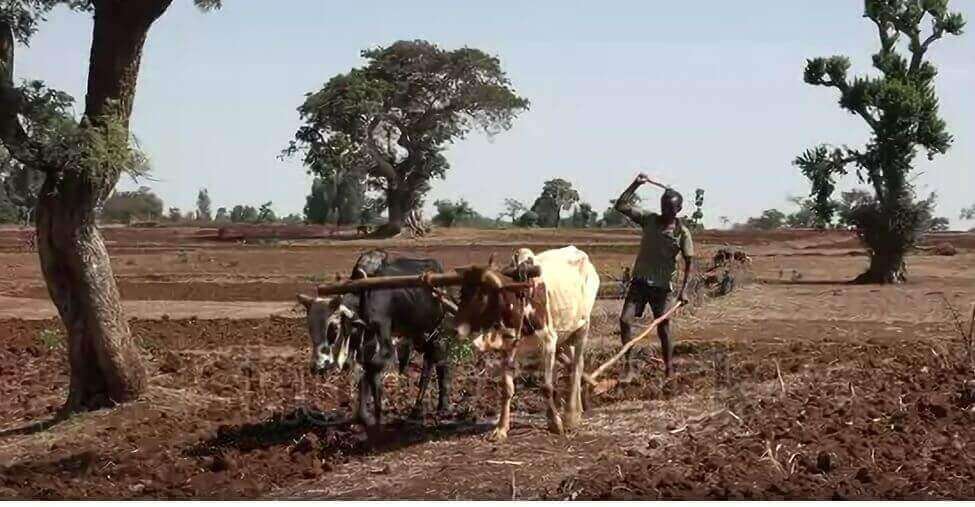By Dr. Suleiman Walhad
July 23rd, 2023

And the wrong message that they will be dying of hunger and there will be less bread on the tables in many parts of the African continent, will continue. A large part of the grains received in Africa were mostly coming from Ukraine, some 25,000 MT in the Horn of Africa States alone but much more to the rest of the continent. It is one of those ironies. The mother continent enjoys the best climes and the most agricultural lands in the world, yet its children seem to be waiting for the product of the sweat of Ukrainians who are fighting an existential threat from their old brothers-turned-enemies Russians.
Indeed most Ukraine grain exports go to Europe to fill the breadbaskets of the old continent, yet when a crisis such as the expected blockade of Ukraine exports materialize, if they materialize, the general call is marked by the slogan, Africa will die of hunger. Why does Africa have to die? The continent, despite all the attempts to paint it otherwise continues to protect its children and it prods on and on.
The continent owns vast arable lands and produces different types of indigenous crops such as Cassava, ensette and its own wheat, teff, corn, millet, Sorghum, and barley. Why is it necessary to send out messages of Africa dying in the place of Africa should increase its production of its local foods and grains? Why should there be calls warning of potential shortages of grains in Africa as a result of constraints of imports from Ukraine and other parts? Perhaps the answer lies with Africa and more particularly the Horn of Africa States region, which despite its ownership of vast lands for cultivation, still receives food grants/aid from institutions like the World Food Program and other NGOs.
Africa and more specifically the Horn of Africa States produces most of its foods and all it needs is to increase production instead of relying on filling the gaps, if any, with imports from a struggling country like Ukraine. Or is it more of helping Ukraine through WFP and NGO purchases of wheat and other grains from Ukraine and then dumping them into the region? Perhaps!
The Horn of Africa States should be producing more grains and more specifically this year when the rains were much more, so far, in most parts of the region. The region has a large youthful population, which the region should redeploy towards agriculture as in the past, but this would be a much more meaningful program, instead of wars and conflicts that only help destroy the region and splinter it into almost irreconcilable parts.
Indigenous crops have better nutritional values than imported cereals and the Horn of Africa States agricultural departments should be working and investing in this sector. Better remunerations for those who work in agriculture would keep most youth in that field instead of seeking sustenance elsewhere. Prioritizing agriculture and food security for the growing population, should be one of the main pillars of all governmental plans into the future, in the region.
The Horn of Africa States is a volcanic region and most of its lands have not been touched by the hoe, tillage and seeding implements or indeed by any agricultural tool. This points to less need for fertilizers in the foreseeable future and hence less cost of production. The Horn of Africa States should not only be feeding itself but also exporting to countries that do not have the same capacity of grain production such as Arabia and Egypt, which require huge imports of wheat and other grains to keep breakfast tables full.
It is good time for the Horn of Africa States to adapt to new realities where each region would have to rely on its own food production capabilities instead of relying on imports that can be curtailed at any time by forces beyond their control. Food security should be a primary goal of the governments of the region as reliance on imports and even aid becomes ever more precarious.


